After completing his undergraduate studies in 2008 and working in the Finance industry for four years, PhD Year 5 Matt Zhang decided to pursue a PhD in Finance, in 2012. His key interest was to study the financial crisis more deeply. Here, he shares his journey as a Finance PhD student over the past five years.
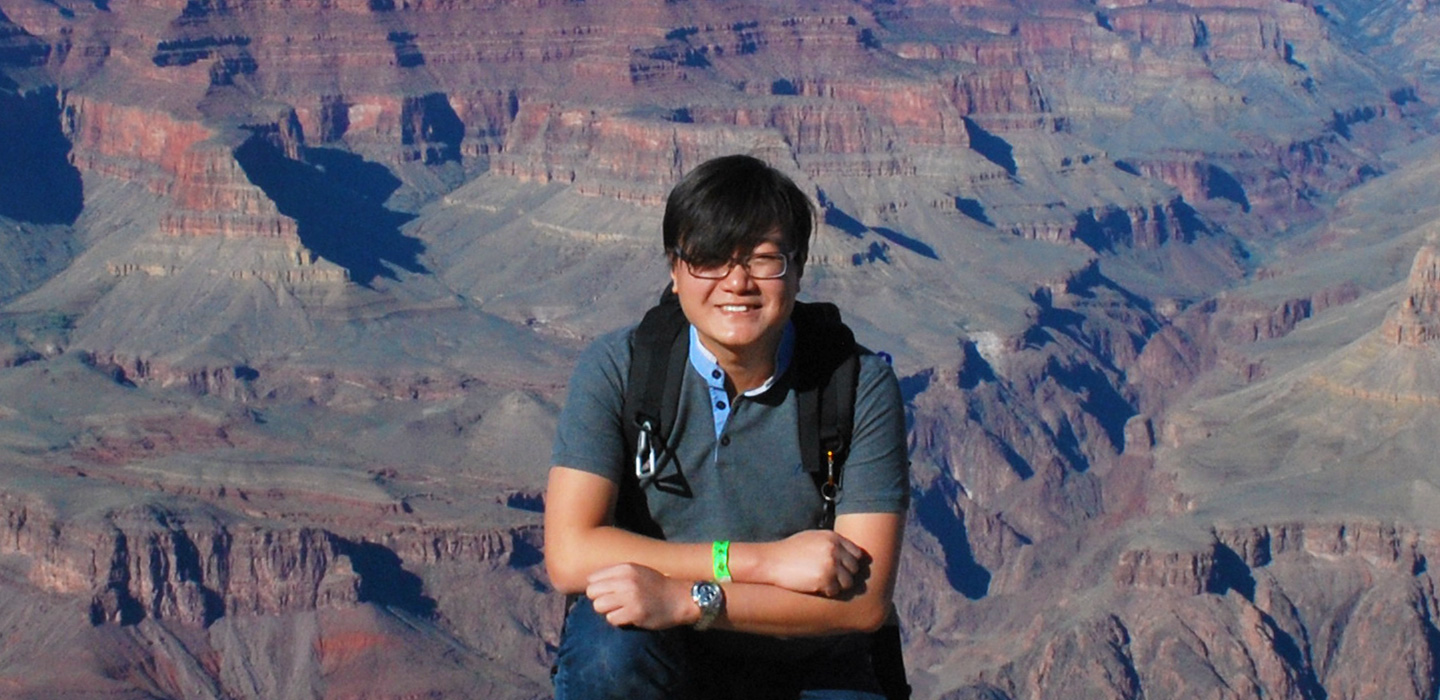
Pursuing a PhD in Finance
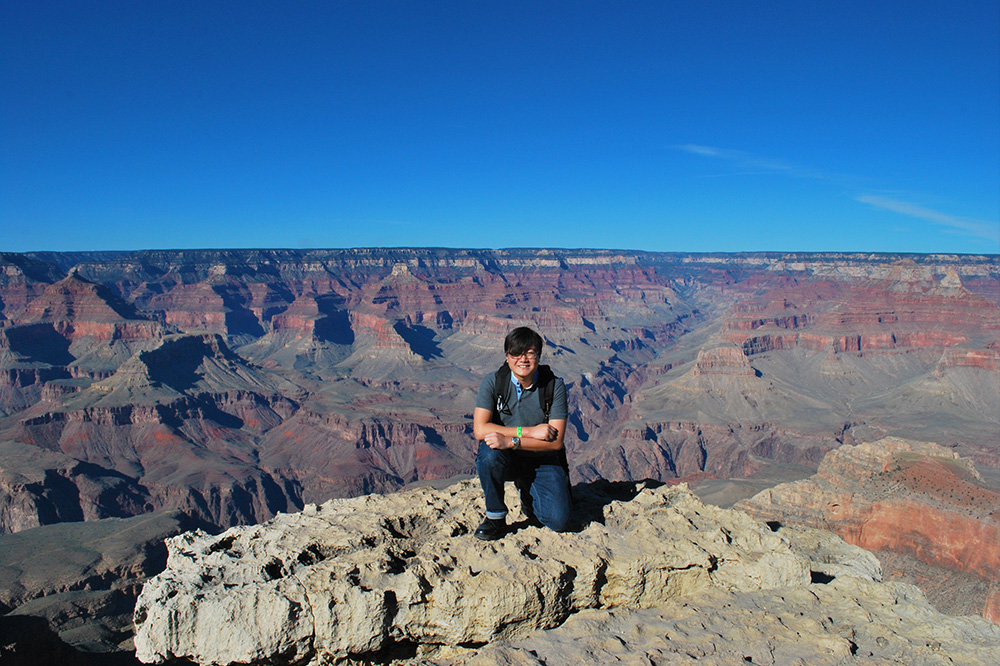
Finance, I was very keen on entering the workforce and building a career. This might be a familiar feeling to many students, as we had spent our entire lives studying. At that stage, I did not entertain any thoughts about graduate studies.
I joined Singapore Exchange Limited (SGX) upon graduation and was mainly involved in risk management. It was an eye opening and challenging environment, made more so by the financial crisis. Drawn by the financial crisis, I thought about studying the crisis more deeply, and part of me was again drawn to academics.
Personally, I feel that having some industry experience is a great way to start a PhD, as everything gets put into context. However, I definitely have classmates who decided to continue their PhD straight after their Bachelor degree. It is with this great mix of students, together with faculty advisers that make it a dynamic learning environment.
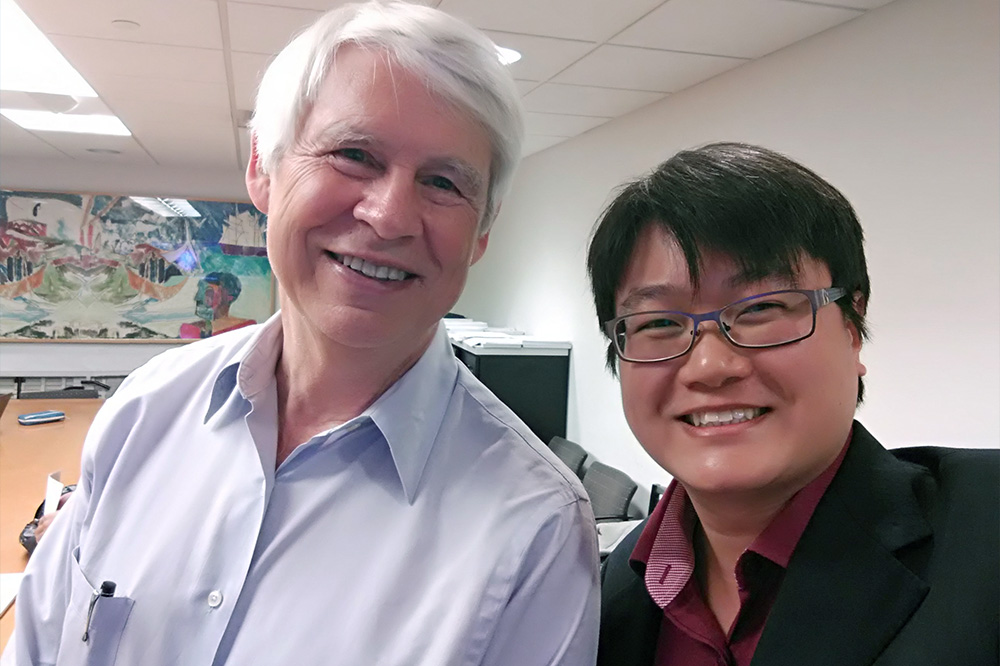
Whenever a financial topic is being presented, by visitors, during conferences, or during my readings, it is a pleasure to consume and look at it with both academic and industry lenses. How the parts of our financial industry fall into place, why certain phenomena arise, how do we explain some initially puzzling observations? The whole web of our financial system is inextricably linked in a messy yet neat manner. It almost becomes philosophical in some sense.
I also had a chance to participate in the exchange programme to New York University as a Visiting Scholar. Many of the established professors like Prof Robert Engle, who are based in NYU, are pioneers in their field of work and have deep insights which was invaluable to tap on. This opportunity to meet such trailblazers and exchange ideas during this period, has helped to shape my own research work.
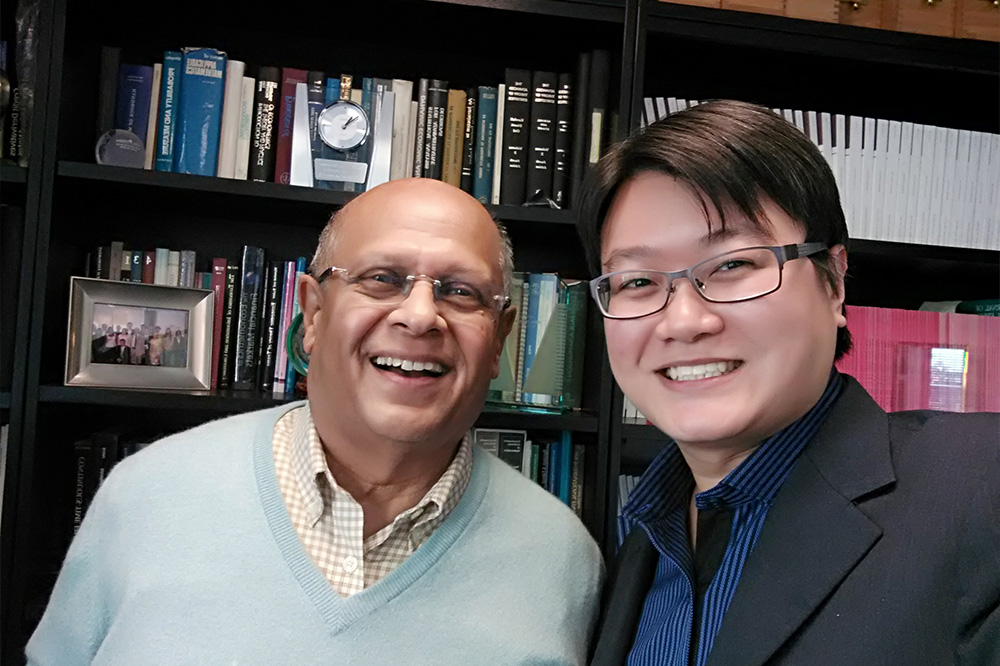
Make no mistake, a PhD is very rigorous. I had to overcome several personal challenges before being adept at where I am today.
The first challenge was to move out of my comfort zone which I had built for myself. I needed to humble myself and criticise what I had already taken as truth, learn many new concepts, new ways of thinking while critiquing those as well, and further pushing the boundaries of what we have discovered. Being entrenched with existing ideas about how things work would have only been detrimental to me or anyone, in any environment.
Second, a PhD is technically challenging. The basis of many financial tools include geometry, calculus, equilibrium, and optimisation. I had to bring myself up to speed, as I had not used complicated math for many years. Additionally, I had zero training in economics, so I found myself having to contend with PhD students in Economics at macroeconomics and microeconomics foundation modules. Fortunately, things worked out. The key is to persist and overcome the challenge. Be ready to embrace and master completely new ideas.
Doing a PhD trains you to defend your ideas and receive criticism. I have learnt to look beyond the manner that criticism is communicated; strip away the unimportant parts, and see the value of good criticism. Receiving criticism never feels good, but is an integral part of the process. We also learn to give constructive critique to peers, and go beyond making broad sweeping comments which tend to be less beneficial. The best comments need to be specific, appropriate, and ultimately seek to improve the end product.
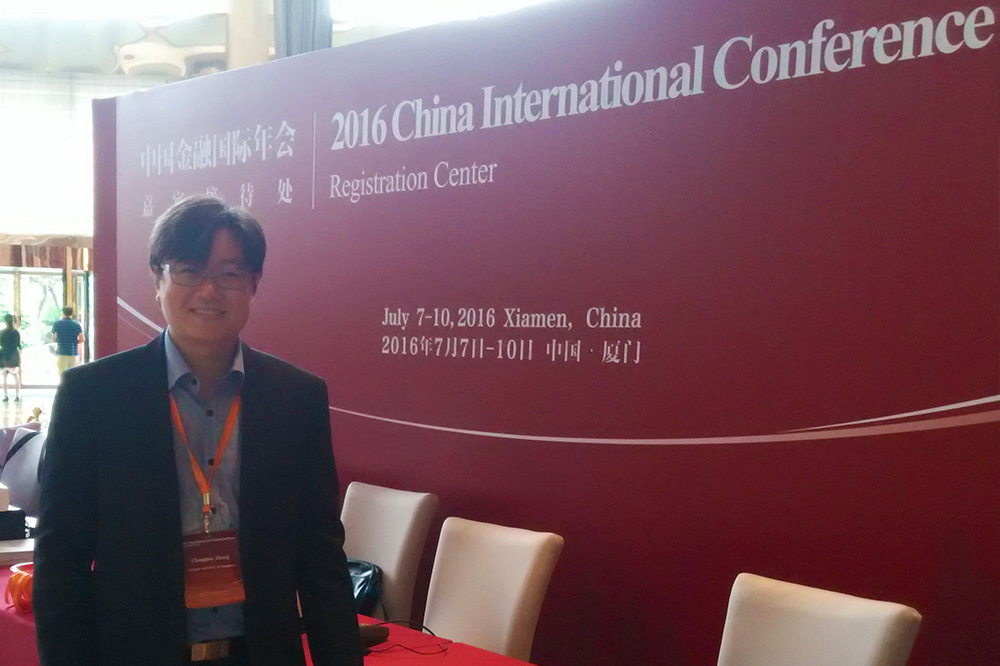
Due to the extensive consumption of new ideas and academic papers, PhD students are able to understand and assimilate new concepts rapidly. Initially, I found it difficult to understand academic papers and spent much time dissecting each one. Now, I am able to draw out the key contributions of each paper quickly, and zoom in on the important features. Due to the sheer volume of academic work a PhD student reviews, one inevitably learns to distill valuable ideas from red herrings.
In a related sense, the research process inherently involves numerous attempts of trying and failing. The upside to this is that students become more attuned to what works and what does not. And these skills are not restricted to academic work; they are applicable in the broader context.
I love presenting my work. Both NUS Business School and my supervisor – Prof Duan Jin-Chuan have been extremely supportive, and enabled me to attend a number of local and overseas conferences. During these conferences, I gained valuable presentation experience, and also good feedback from discussants. At the same time, I get to meet like-minded peers from all over the world and opportunities to also visit the host city of the conference.
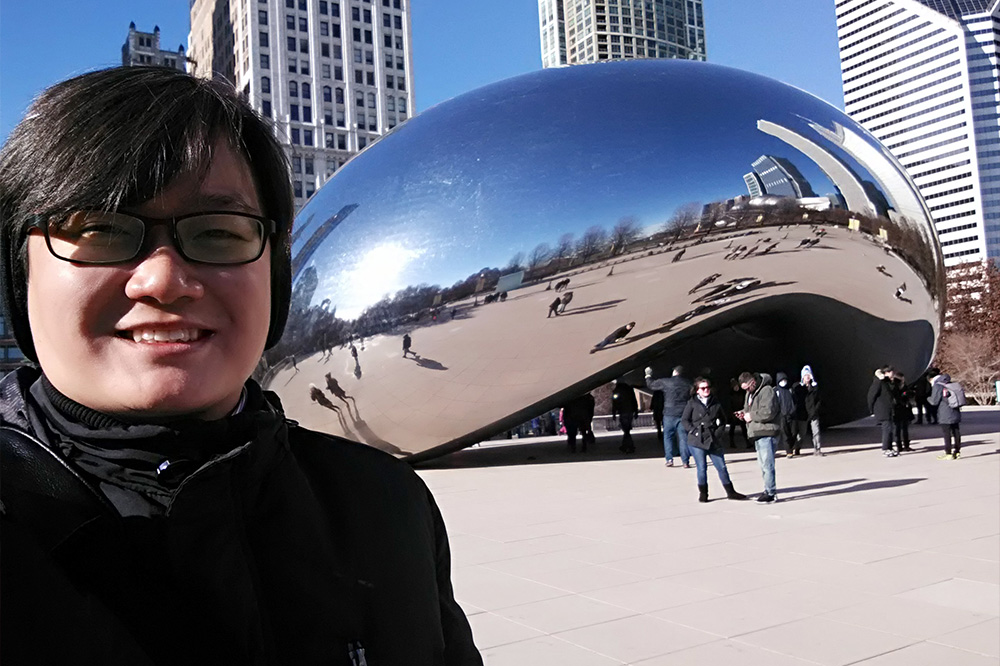
I am currently Vice President at the Risk and Performance Management Department at GIC Private Limited, a sovereign wealth fund established by the government of Singapore. My role involves risk management at the total portfolio level. On one hand, I could apply my expertise and experience in risk management, while expanding my horizon in the area of multi-asset class investments. Financial perspectives and advanced quantitative methods honed during my doctoral journey have proven to be invaluable at certain points, and the challenge was to create useful perspectives.
For those mulling over whether to pursue a PhD, I would say go ahead! This is a chance to challenge yourself intellectually and push your boundaries. The main takeaway is to be open-minded about the future. Even if we are not initially interested, coming back for further studies is certainly a very real possibility and may be more rewarding than imagined.
For more information about NUS Business School’s PhD programme, please visit bschool.nus.edu/phd.


